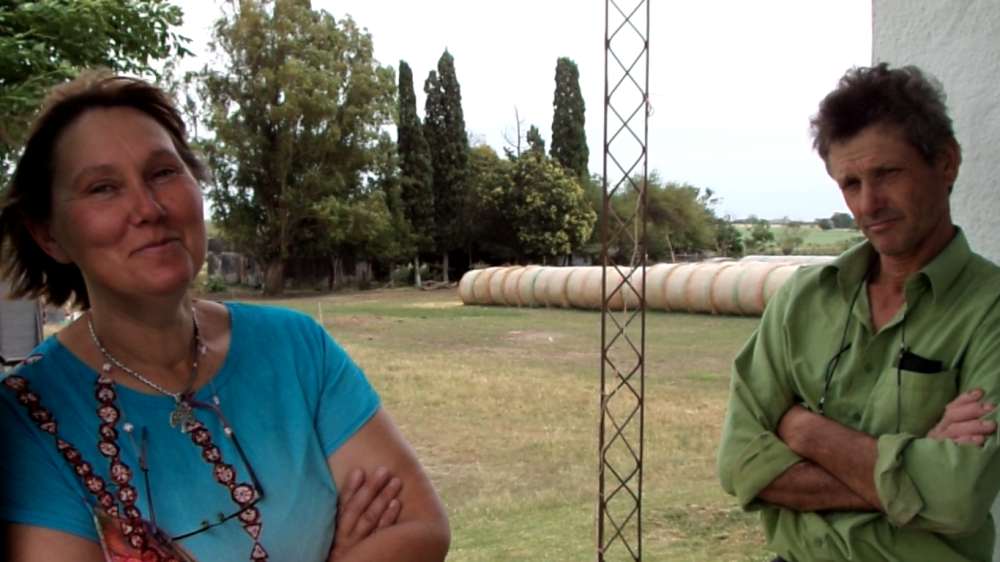Formalising land rental improves productivity and benefits vulnerable farmers
This research summary shows how LIFT helps to increase incomes for poor landholders and tenants by formalising Ethiopias land rental market..This resource was published in the frame of the Land Investment for Transformation (LIFT) Programme. For more information;please check: https://landportal.org/community/projects/land-investment-transformation...






